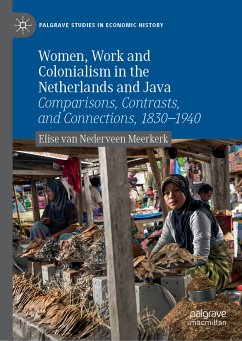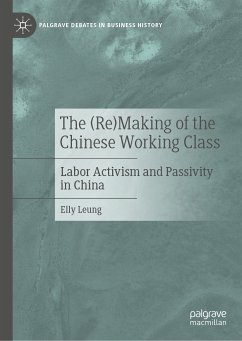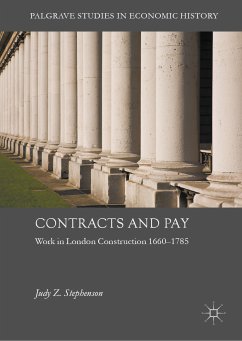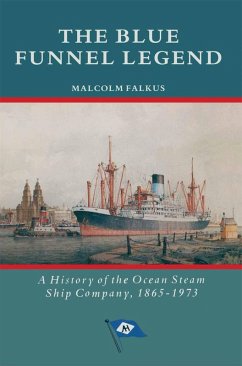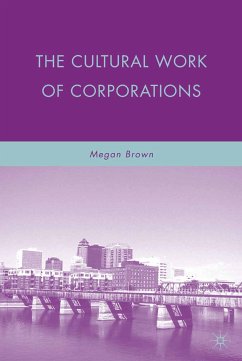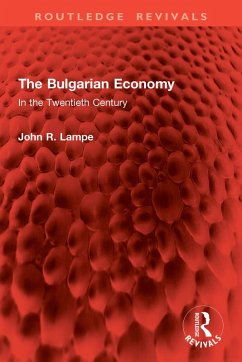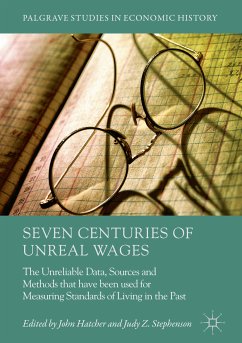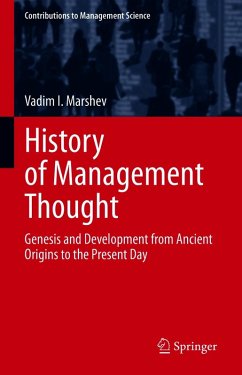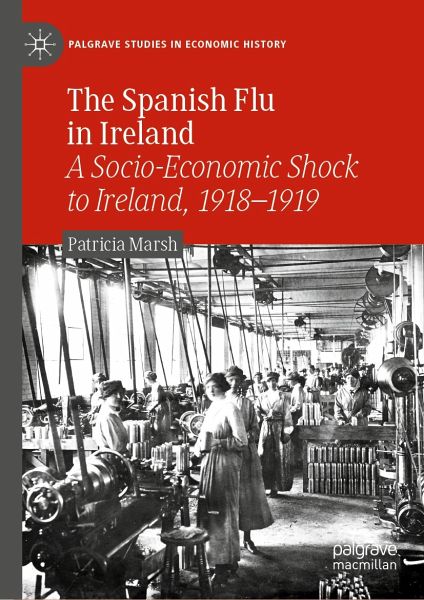
The Spanish Flu in Ireland (eBook, PDF)
A Socio-Economic Shock to Ireland, 1918-1919
Versandkostenfrei!
Sofort per Download lieferbar
88,95 €
inkl. MwSt.
Weitere Ausgaben:

PAYBACK Punkte
44 °P sammeln!
This book examines the Irish experience of the 1918-19 influenza pandemic through a detailed study of the disease in the most industrialised region of the country, the province of Ulster. By exploring the different themes of dispersion of the disease; mortality; gender; medical response and politics - and through case studies of different towns in the province of Ulster - it builds up a picture of the social, economic and political impact of influenza in Ireland. The Ulster experience of the pandemic is examined by constructing micro-histories of industrial cities and towns, along with provinc...
This book examines the Irish experience of the 1918-19 influenza pandemic through a detailed study of the disease in the most industrialised region of the country, the province of Ulster. By exploring the different themes of dispersion of the disease; mortality; gender; medical response and politics - and through case studies of different towns in the province of Ulster - it builds up a picture of the social, economic and political impact of influenza in Ireland. The Ulster experience of the pandemic is examined by constructing micro-histories of industrial cities and towns, along with provincial market towns and a naval port, to provide a basis for comparison of the differing approaches taken to combat the influenza outbreaks throughout Ulster. Contemporary opinion was that Ireland was considerably less affected by the war than the rest of the UK but, this book shows that the war did have a significant influenceon how the influenza pandemic impacted on the Irish population from an economic, social and medical point of view. The book also explores the immediate aftermath of the pandemic and how it influenced the Irish response to the influenza scare of 1920 and the viral pandemic of Encephalitis Lethargica which was prevalent for ten years after 1918, as well as discussing what if any lessons learnt from 1918 have been applied to the present-day outbreak of Covid 19.
This book will be of interest to academics in economic history, social history, Irish history and pandemic history, and those studying the effects of pandemics on the economy, health provision and pandemic preparedness.
This book will be of interest to academics in economic history, social history, Irish history and pandemic history, and those studying the effects of pandemics on the economy, health provision and pandemic preparedness.
Dieser Download kann aus rechtlichen Gründen nur mit Rechnungsadresse in A, B, BG, CY, CZ, D, DK, EW, E, FIN, F, GR, HR, H, IRL, I, LT, L, LR, M, NL, PL, P, R, S, SLO, SK ausgeliefert werden.



